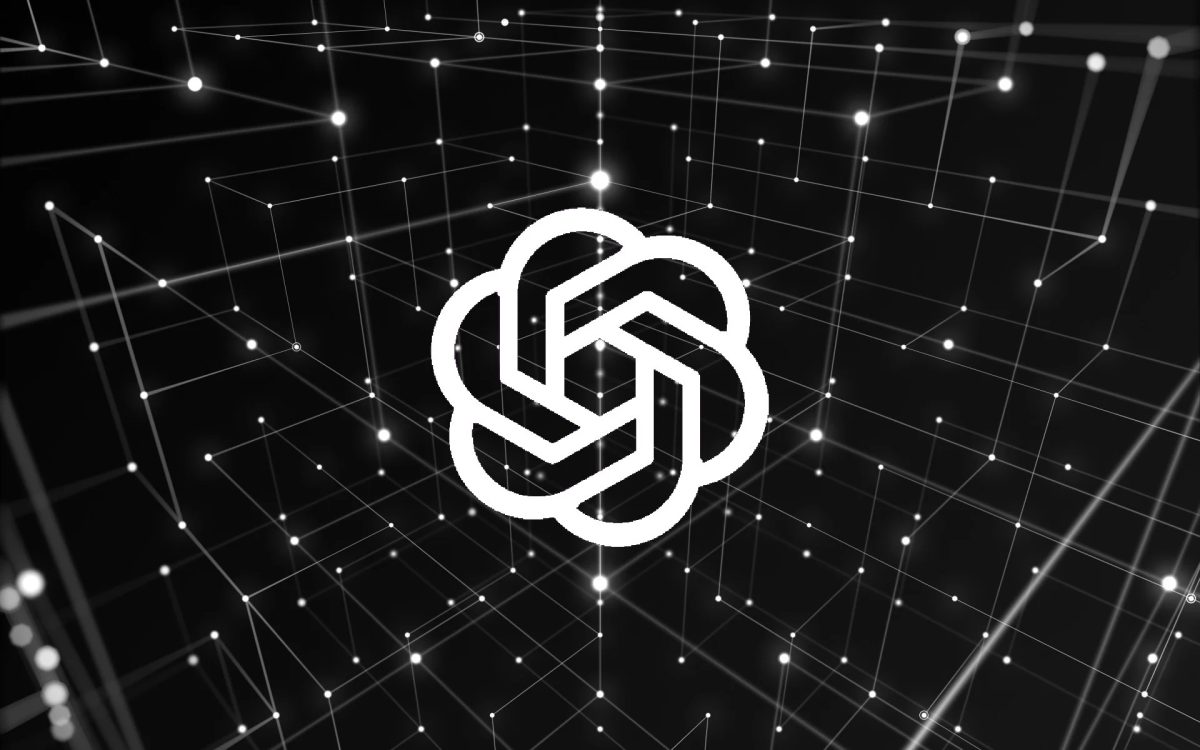OpenAI, the leading AI software company, has reportedly fired members of its insider risk team, responsible for protecting its proprietary software from theft and espionage. This decision comes shortly after the U.S. 
government introduced new regulations designed to prevent sensitive AI software details from falling into the wrong hands. The insider risk team’s primary role was to ensure that critical details like model weights, which are vital for AI functionality, remain secure and within the company.
The layoffs occurred after the U.S. introduced the AI Diffusion Rules earlier this year. These rules impose tight security measures on AI software, including restrictions on transferring model weights to foreign entities, particularly hostile nations. The regulations also stipulate that the most advanced AI model weights can only be stored outside the U.S. under strict security conditions. This move is aimed at preventing sensitive AI components from being exfiltrated by malicious actors, a concern heightened by the rise of corporate espionage and international tensions.
AI model weights, the parameters that determine how a model responds to user input, are a significant part of what makes OpenAI’s technology competitive. These proprietary elements, alongside other software parameters, are a key differentiator in the AI market. OpenAI’s decision to fire its team protecting this critical data has raised eyebrows, with many questioning the company’s strategy in the face of growing cybersecurity and geopolitical risks.
While OpenAI’s growth has been fueled by partnerships with the U.S. defense sector and international AI infrastructure projects, the recent changes to its security team have left some wondering about the firm’s long-term approach to protecting its intellectual property. Could the move backfire, especially as competitors and state actors intensify their efforts to gain access to cutting-edge AI technology?
1 comment
OpenAI shakes up security team responsible for protecting software & IP from espionage?? Am I reading this correctly? So the security team safeguards the software to prevent theft and espionage, then they get fired for safeguarding? And doing their job? What nuttery is this